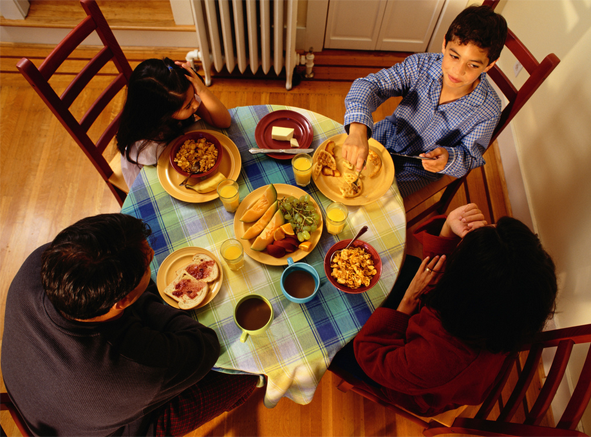
Americans across the country felt the consequences of the government shutdown. Federal employees were jobless until further notice. National parks, landmarks, and museums were closed. Wedding plans were disrupted. School trips to the nation’s capital were cancelled. Businesses suffered.
Yet the members of the working poor were, and always are, the ones who bear the greatest burden. For them, the shutdown meant that their basic needs for survival were at stake. While the media grieved over the unlucky tourists who were denied entry to museums and monuments, the underprivileged were denied access to government assistance. The former is unfortunate, but the latter is tragic.
According to The Washington Post, “it is poor families who are positioned to bear the full weight” of the government shutdown, and women and children in particular. During the shutdown the government had to decide between programs that are essential and those that are nonessential. Is it essential for kids to eat? Is it essential for pregnant women and new mothers to receive adequate health care? I think that most would argue yes. However, with the U.S. Department of Agriculture closed, funding was cut off for key health initiatives such as the Special Supplemental Nutrition Program for Women, Infants and Children (WIC).
Millions of low-income women nationwide depend on WIC benefits to provide services for them and their children. During the shutdown, states had to come up with their own funding in order to keep the program running. Utah stopped accepting new clients for the duration of the shutdown and North Carolina had planned to suspend its WIC program entirely but was able to keep it open with the support of redirected funds. For women who depend on WIC, it is not a question of whether or not they would go to the National Gallery or the Lincoln Memorial. Instead, their concern lied in whether their baby would have proper nutrition and healthcare.
This is just one example of what the government shutdown meant for impoverished Americans. Their plight presents a much greater injustice than a ruined vacation since it is not their leisure time but their very lives that are at stake. As messages in the media celebrate Congress for ending the shutdown and avoiding a default, we should not lose sight of the families whose needs were put in jeopardy as a result of congressional gridlock.
The government shutdown is over, at least for now. In a few months it could happen all over again if Congress fails to meet the funding deadline in January. If this occurs, it will once again be low-income people who will suffer the greatest consequences.
Image via: US Department of Agriculture/Flickr
